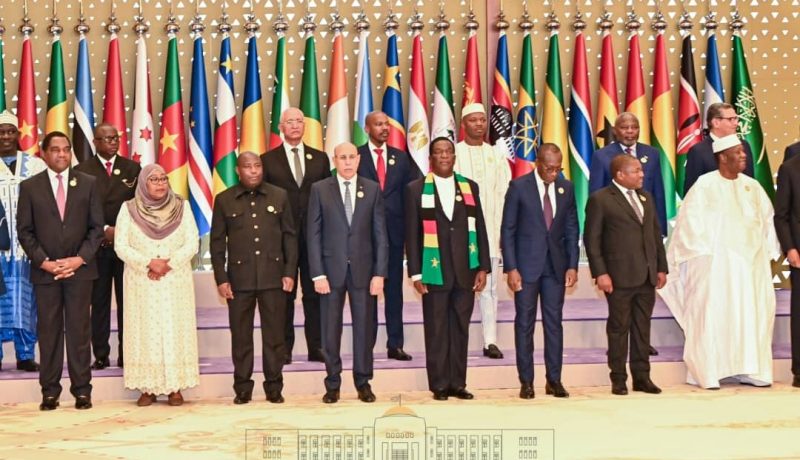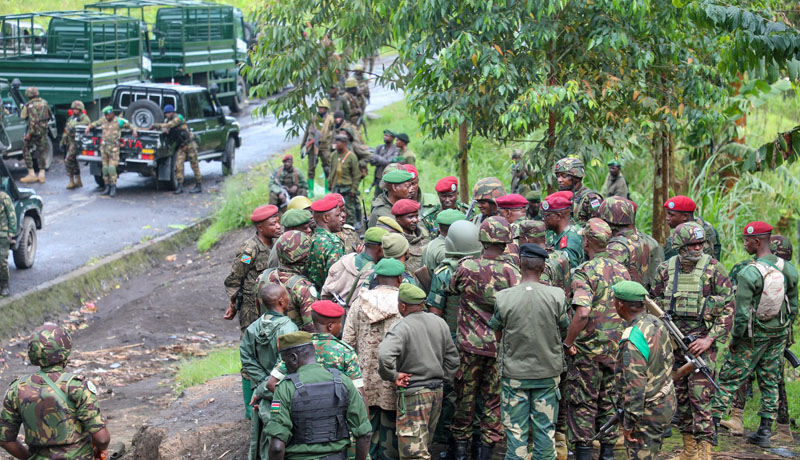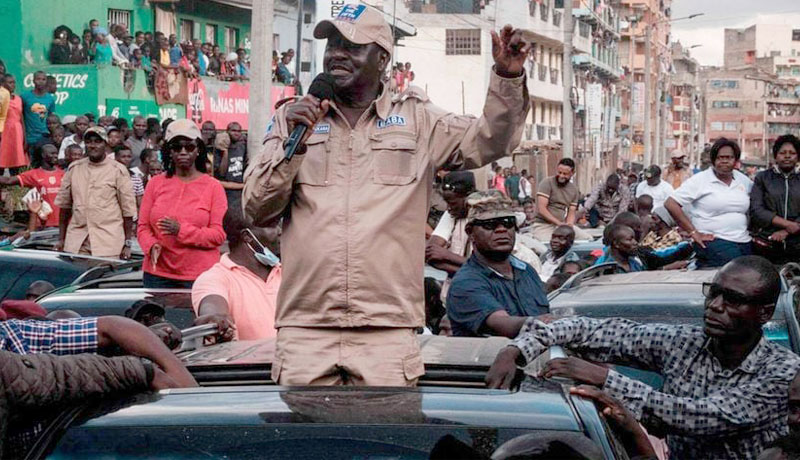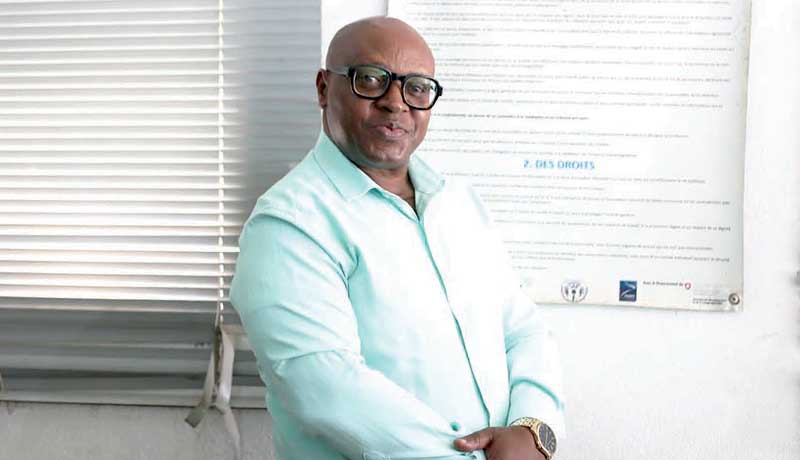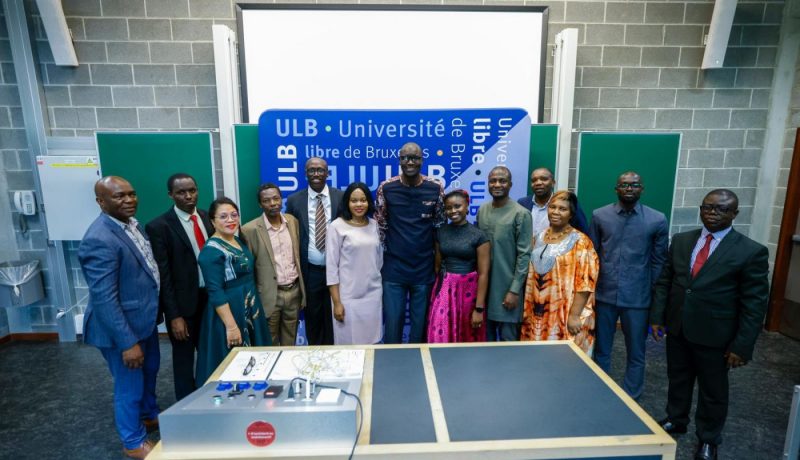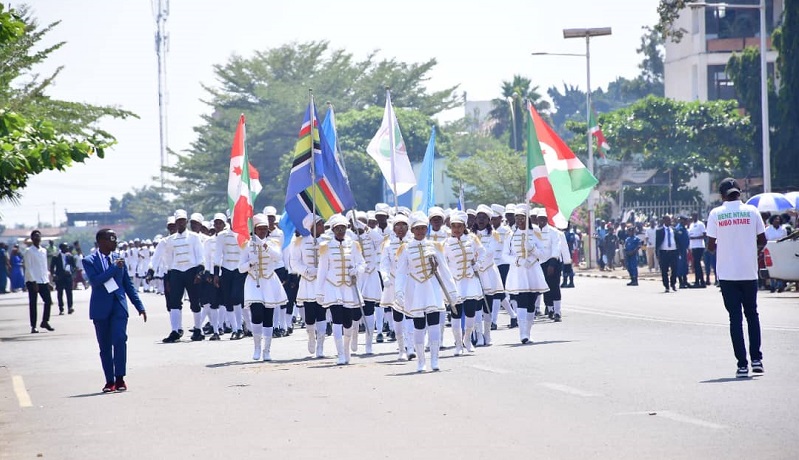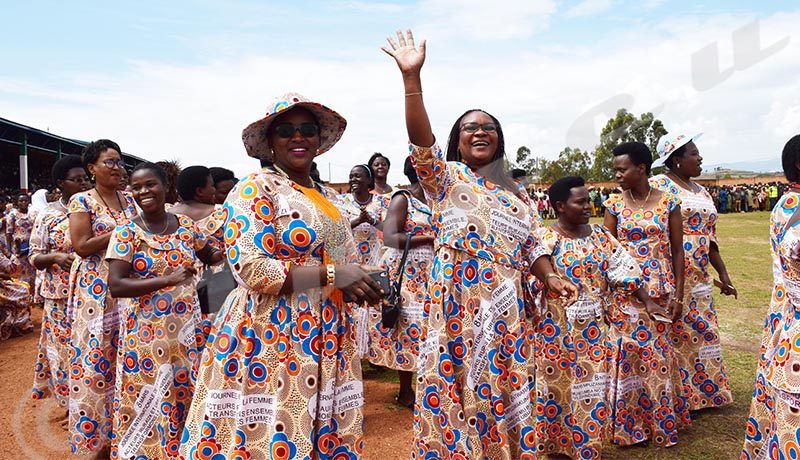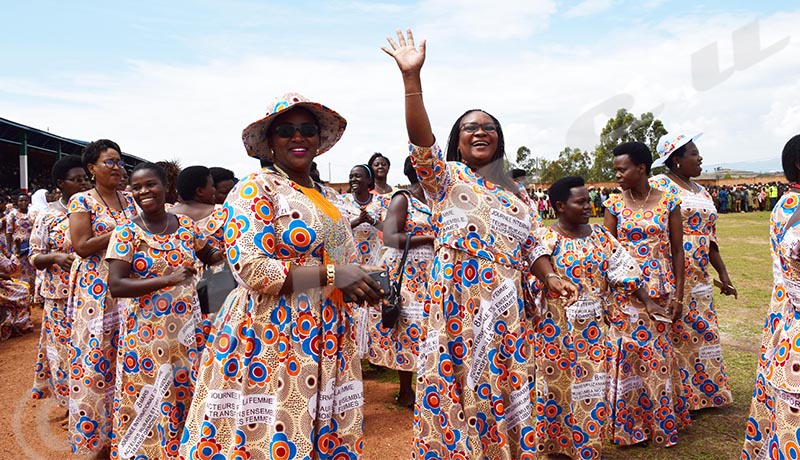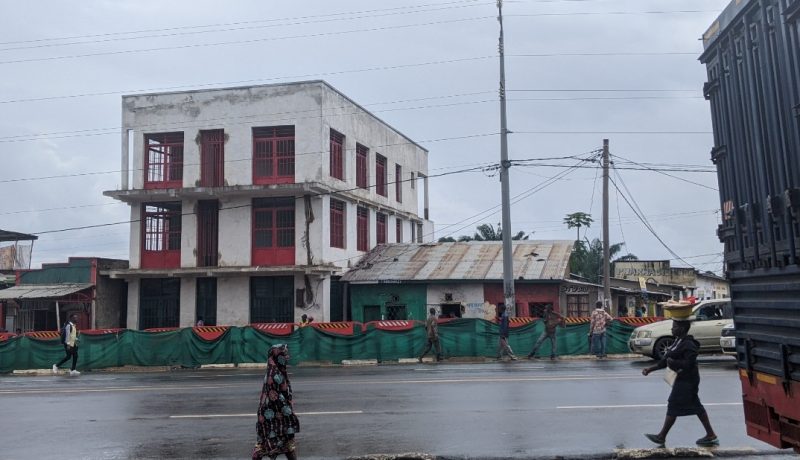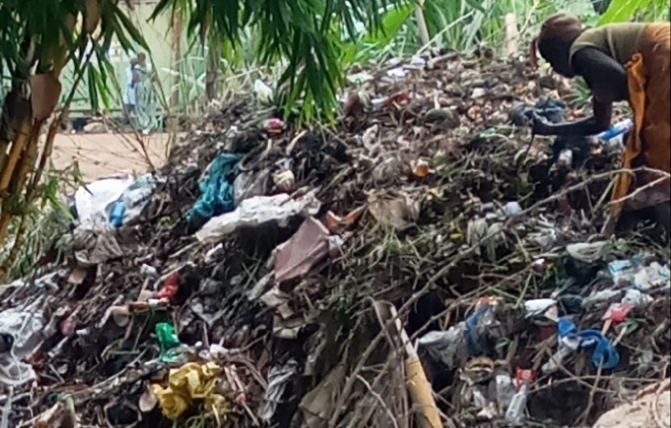On November 30 2012 East Africans will celebrate the 13th anniversary of the birth of the new East African Community. At the same time we will also celebrate 16 years since the resumption of co-operation among the three East African countries of Kenya, Uganda and Tanzania. I say "resumption" because the first East African Community broke up in 1977.
It has been 16 years of tremendous achievement but it has not been easy. There is a lot of ground ahead of us to cover and many challenges to overcome.
In terms of the community, the three partner states agreed to co-operate in five areas: political, security (police and military), legal and judiciary, economic, and social and cultural. Satisfied with the achievements and progress being made, the East African leaders directed the Council of Ministers to start working on the establishment of the East African Community.
This was heeded, and on November 30 1999 the Treaty establishing the East Africa Community was signed at a ceremony held at Arusha in northern Tanzania. The Partners agreed on the road map of building the new Community. They agreed to start with the customs union, followed by a common market, subsequently a monetary union and ultimately a political federation.
According to the treaty, the integration process will take place in a progressive manner. The idea is to enable each stage to be the building block or foundation for the subsequent stages. Only the customs union stage was given a specific time frame — of four years — within which to be in place. The treaty is silent on the other stages, which means it was left to East Africans to decide, using their wisdom. This was an anomaly which the Wako Commission was assigned to correct. The commission came up with an elaborate proposal of benchmarks that are time-bound.
In essence they proposed implementation to be done concurrently for the stages after the completion of the customs union phase. That is now being implemented. The treaty establishing the common market has been signed and negotiations for a monetary union are now ongoing. If we are to abide by the same principle, soon after signing the protocol establishing the monetary union, negotiations on the political federation would start.
I must admit waiting has not been easy. There is a school of thought advocating the establishment of the federation now or even yesterday. There is, however, another saying, let’s follow the treaty. They argue that it is neater that way and it will allow the federation to be built on a stronger foundation. It will last.
I believe we can learn from history and past experiences. With the knowledge of the past, the future may not be bleak. We have seen in the past how our integration evolved, how we missed the opportunity to federate and how we survived a sudden collapse. In addition, we have learned from the experience of other regional economic communities. In particular, the integration of the European Union taught us two important lessons. One is that there are several member states, including founders, that have opted out of the monetary union. There are those who are apprehensive about the political union. They were not ready and their decisions are respected by other member states. Those who are excited by the idea proceeded without any hindrances.
In my opinion, rushing to monetary union — or to political federation, for that matter — is not opportune. The truth is we have not yet attained a fully fledged customs union and the implementation of the common market is in its teething stage. It is not a secret that cross-border trade among us is still undermined by various challenges, particularly the technical and nontrade barriers.
Regarding common market protocol, its implementation is also progressive. Partner states have committed in a "schedule" to free movement of labour and a time frame for their liberalisation. There are categories of workers that will be reserved for respective partner states. This is not uncommon in many other advanced regional economic communities.
It is important that the partner states acknowledge this sensitivity in the integration process. I agree with those who suggest movement of labour and access to land be governed by our relevant national policies and laws.
By doing this, I strongly believe, we will be avoiding unnecessary confrontation in the future. We will be building a strong community on pillars of trust, solidarity and mutual interests of all East Africans.
In approaching the subject of integration, the focus should be on how to co-operate sustainably by consolidating the gains and overcoming the challenges. Fast-track, yes, but not to the point of ignoring the realities on the ground. Let’s work to bring everybody on board.
I am encouraged to see the private sector is actively engaged in the integration process. We are witnessing the increase of cross-border trade and investments. I am encouraged because these are the positive signs that the future is bright. The external environment is also in our favour.
And above all, there is political will among the leadership of the partner states to move the agenda forward.
To me, the sky is the limit only if we let people drive the process. Certainly integration needs to evolve, not the other way round.
• Jakaya Mrisho Kikwete is President of the United Republic of Tanzania.
